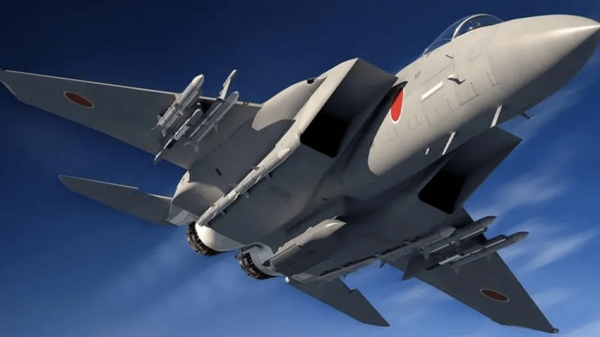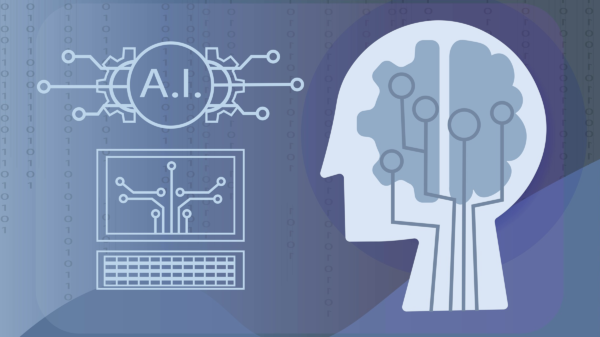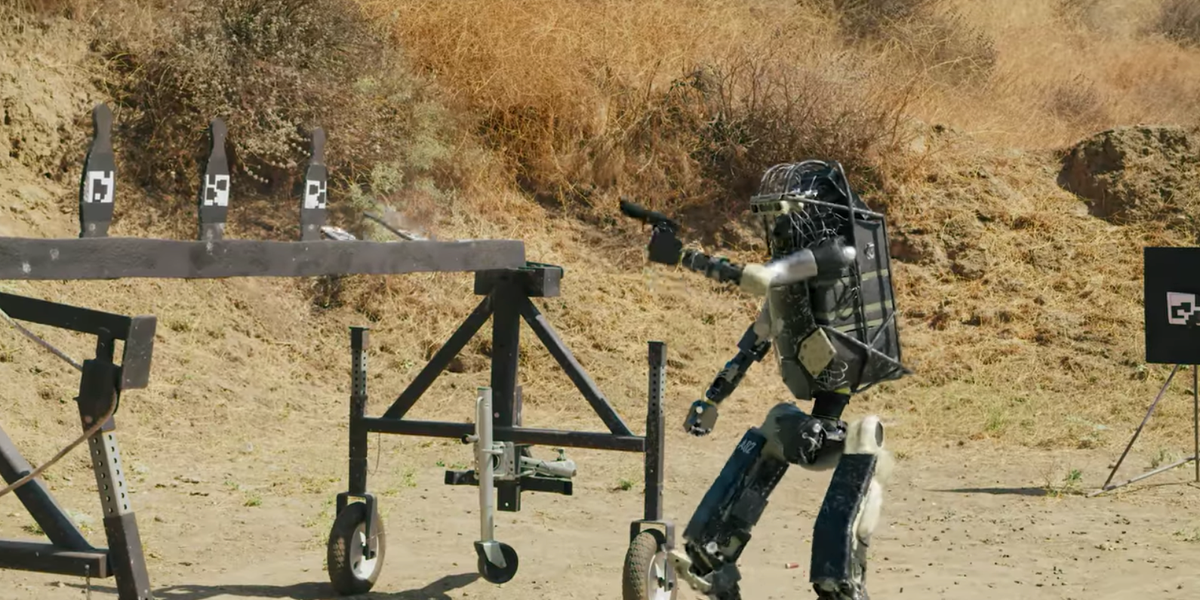The Rise of AI in Military Robotics
In recent years, there has been a significant revolution in the field of military robotics. With advancements in artificial intelligence (AI), defense systems have become more sophisticated and efficient. AI-powered robots are now being deployed by armed forces around the world, transforming the way wars are fought and won.
Enhancing Defense Capabilities
One of the key advantages of AI-powered defense systems is their ability to enhance the capabilities of armed forces. These robots are equipped with advanced sensors, cameras, and other cutting-edge technologies that allow them to gather real-time data and analyze it in a matter of seconds. This enables military personnel to make informed decisions and respond swiftly to changing battlefield conditions.
Unmanned Aerial Vehicles (UAVs)
Unmanned Aerial Vehicles, commonly known as UAVs or drones, have become an integral part of modern warfare. AI-powered drones can perform a wide range of tasks, including surveillance, reconnaissance, and targeted strikes. With their ability to fly at high altitudes and cover large distances, these drones provide valuable intelligence to military commanders, helping them to plan and execute missions more effectively.
Autonomous Ground Vehicles
Autonomous ground vehicles are another significant development in military robotics. These vehicles can navigate challenging terrains and perform various tasks, such as transportation of supplies, detecting and disabling improvised explosive devices (IEDs), and engaging enemy targets. Equipped with AI algorithms, these vehicles can adapt to changing environments and make decisions in real-time, reducing the risk to human soldiers.
Intelligent Surveillance Systems
AI-powered surveillance systems have revolutionized the way military forces gather intelligence. These systems use advanced algorithms to analyze vast amounts of data from multiple sources, including satellites, drones, and ground sensors. By automatically detecting patterns and anomalies, these systems can identify potential threats and provide early warnings to military personnel.
Challenges and Ethical Considerations
While the rise of AI in military robotics brings numerous benefits, it also poses challenges and ethical considerations. One of the main concerns is the potential for autonomous weapons to make life-or-death decisions without human intervention. The development of robust ethical guidelines and international regulations is crucial to ensure that AI-powered defense systems are used responsibly and in accordance with international humanitarian law.
The Future of AI in Military Robotics
The future of AI in military robotics is promising. As AI technology continues to advance, we can expect even more sophisticated and intelligent defense systems. These systems will not only enhance the capabilities of armed forces but also reduce the risk to human soldiers. However, it is essential to strike a balance between the benefits of AI in military operations and the ethical considerations associated with its use.
Conclusion
The revolution in military robotics, powered by AI, is transforming the way wars are fought and won. AI-powered defense systems, such as UAVs, autonomous ground vehicles, and intelligent surveillance systems, are enhancing the capabilities of armed forces and providing valuable intelligence on the battlefield. However, it is crucial to address the ethical considerations associated with the use of AI in military operations. By doing so, we can harness the full potential of AI while ensuring its responsible and ethical use.




































